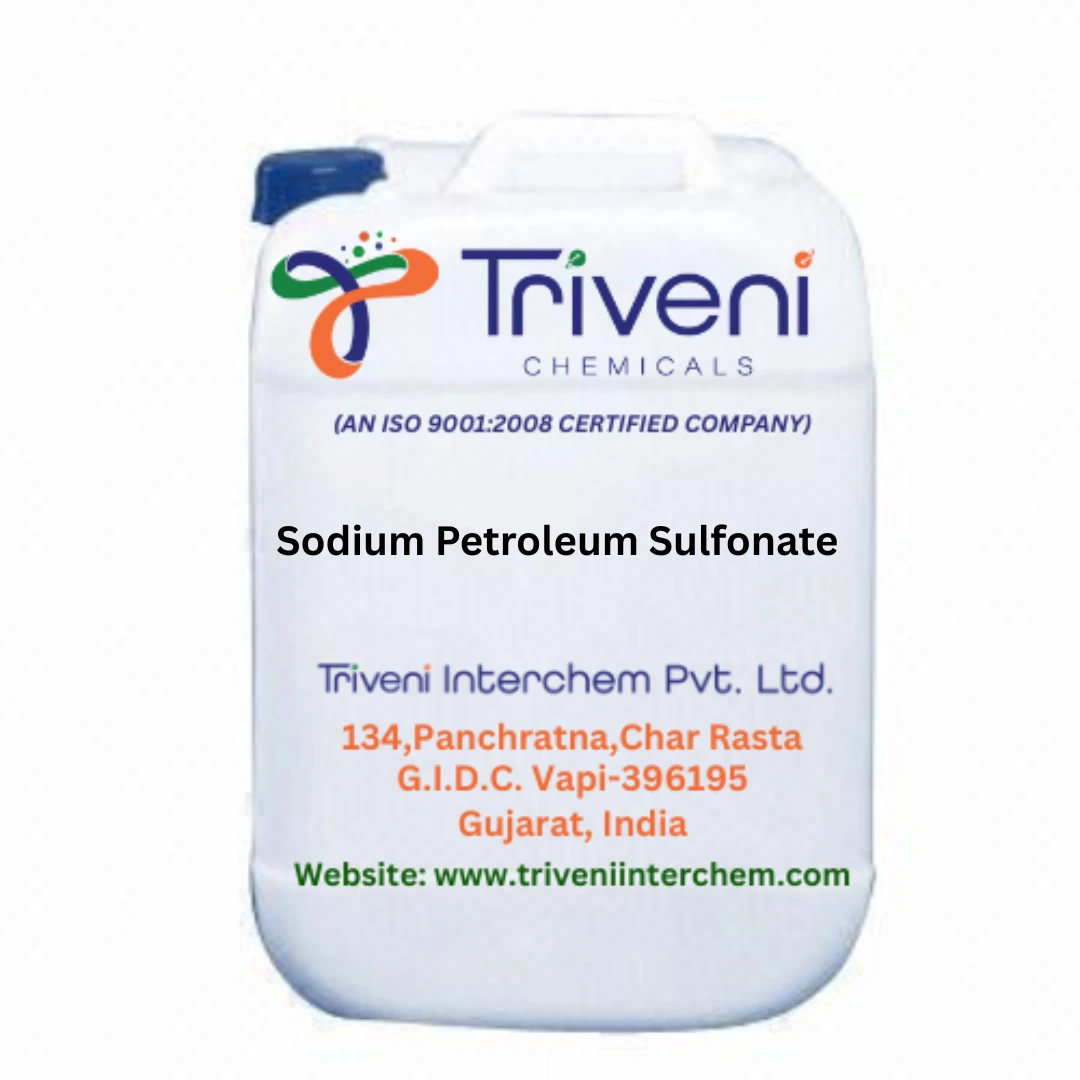Metalworking fluids (MWFs) are essential to many machining operations, such as drilling, grinding, cutting, and shaping metal. During metalworking operations, these fluids are necessary for cooling, lubrication, chip removal, and corrosion protection. The following is a quick rundown of metalworking fluids: Types of Metalworking Fluids: MWFs come in a variety..
Metalworking fluids (MWFs) are essential to many machining operations, such as drilling, grinding, cutting, and shaping metal. During metalworking operations, these fluids are necessary for cooling, lubrication, chip removal, and corrosion protection. The following is a quick rundown of metalworking fluids: Types of Metalworking Fluids: MWFs come in a variety of forms, each intended for use with certain materials and purposes.Straight Oils: These are non-emulsifiable oils that are frequently utilized for labor-intensive tasks like broaching and deep-hole drilling. Although they provide good lubrication, they can be challenging to clean.Emulsifiable oils, also referred to as soluble oils, combine with water to form a milky emulsion. They are appropriate for many different applications and offer efficient cooling and lubrication. Semi-Synthetic Fluids: Having a combination of mineral and synthetic oils, these have better cooling and lubricating qualities than pure oils.Artificial Fluids: These fully synthetic fluids provide superior lubricating and cooling qualities along with longer tool life. They are frequently employed in high-temperature and high-speed activities.Metalworking Fluids' Purposes:Cooling: Dissipating heat produced during machining operations is one of MWFs' main purposes. This lessens the chance of the tool and the workpiece overheating. Lubrication: By minimizing friction between the cutting tool and the workpiece, MWFs prolong the life of the tool and prevent wear. To achieve precise and accurate machining, this is essential.Chip Removal: To keep metal chips and debris from clogging the tool or obstructing the machining process, MWFs assist in flushing them out of the cutting region.Corrosion Protection: When applied to the surface of a workpiece, metalworking fluids create a barrier that keeps corrosion and rusting away, especially from ferrous metals.Obstacles & Things to Think About:Despite their advantages, MWFs might present certain difficulties.Health and Safety: Handling and disposing of certain MWFs properly is necessary since they contain compounds that may be harmful to human health. Maintenance: To keep MWFs operating efficiently, regular maintenance is essential. Fluid contamination can cause damage to tools and poor performance.Environmental Impact: Because used MWFs have the potential to damage land and water sources, their disposal must adhere to environmental rules.To sum up, metalworking fluids, which provide cooling, lubrication, chip removal, and corrosion prevention, are essential to contemporary machining processes. Comprehending the many kinds, purposes, and difficulties linked to these liquids is crucial for effective and secure metalworking processes.



